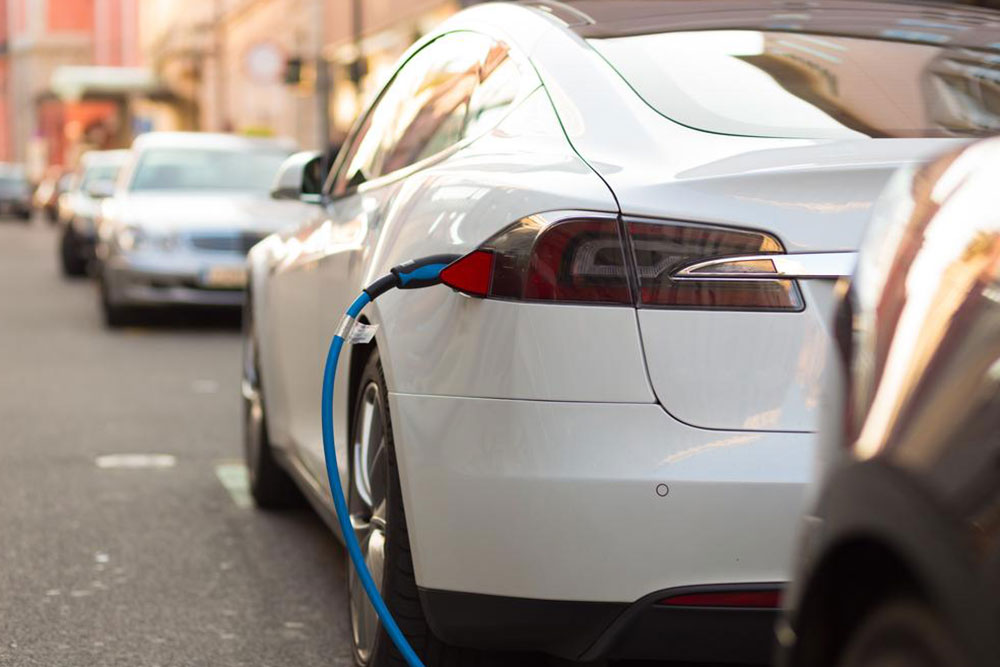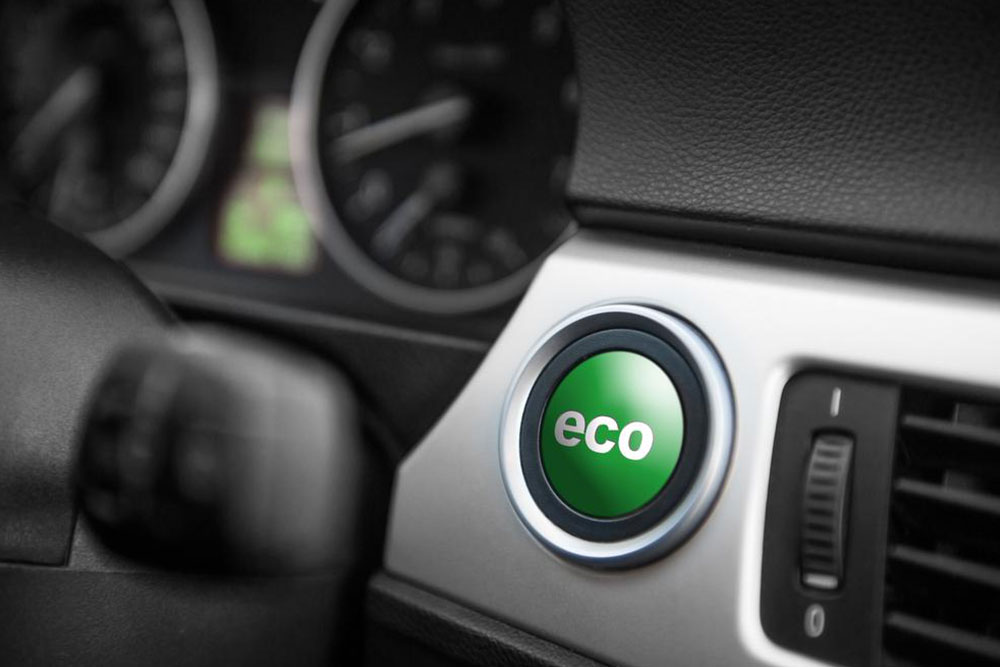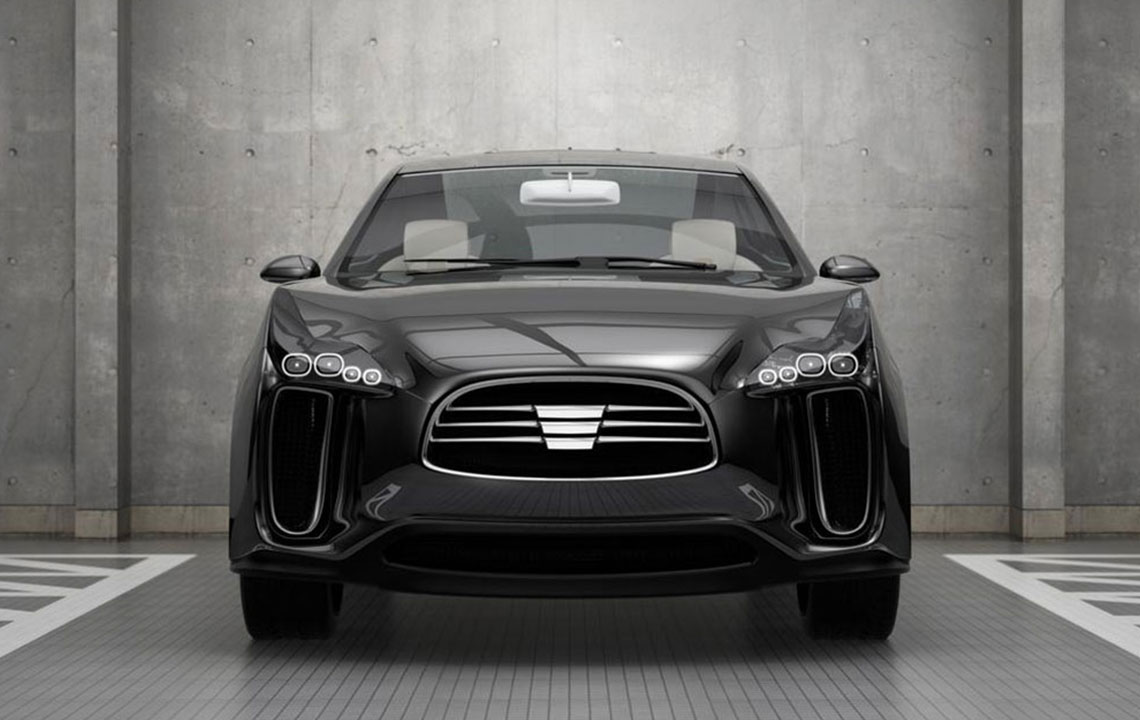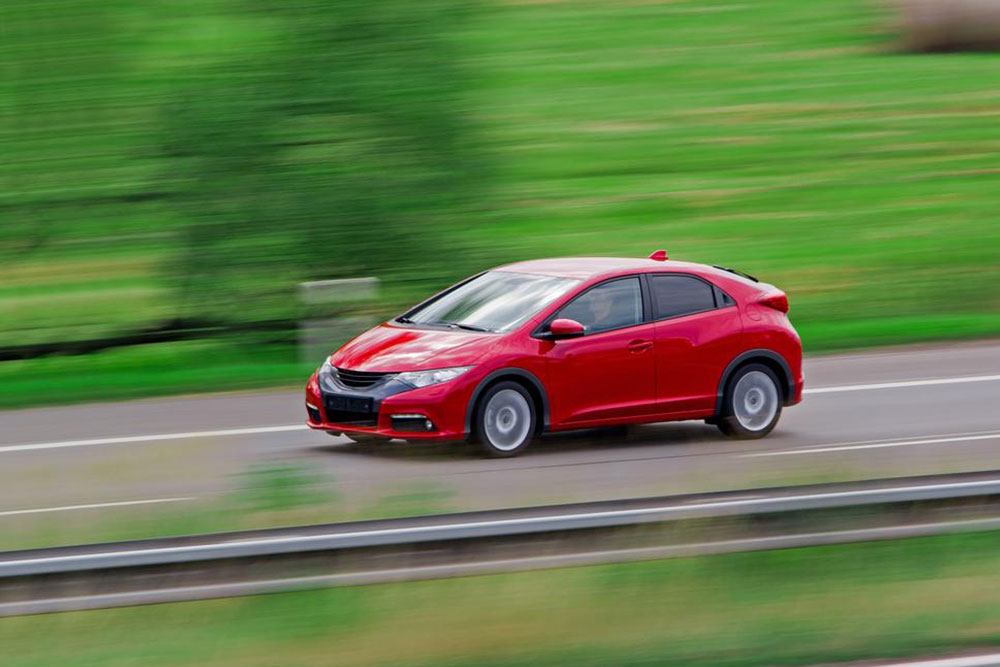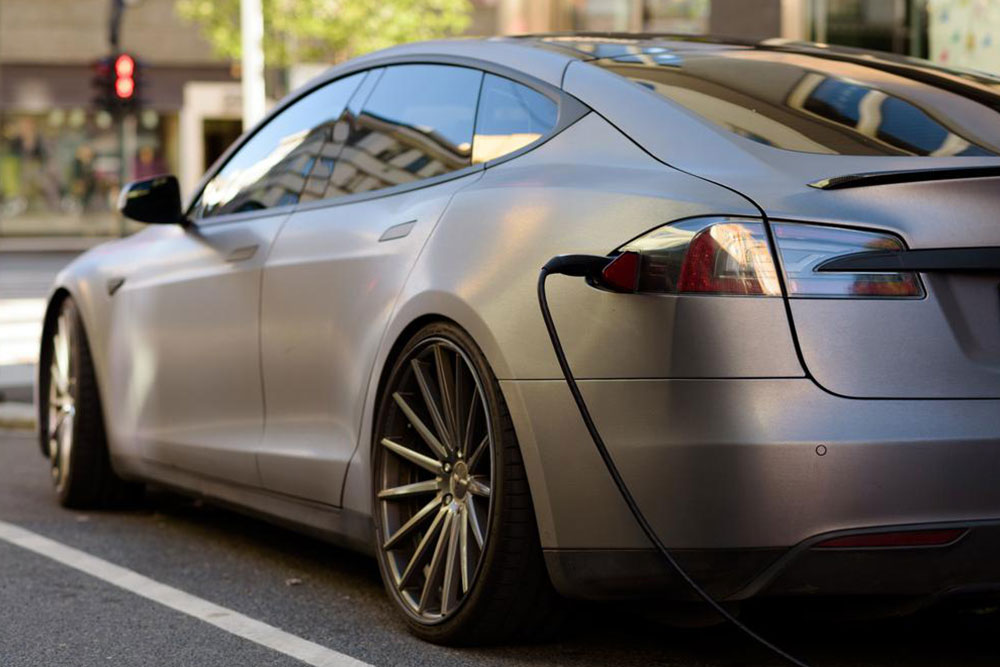Analyzing Hybrid Vehicle Prices in France: A Comprehensive Overview
This article provides an in-depth analysis of hybrid vehicle prices in France, exploring factors influencing costs, market trends, government incentives, and long-term benefits. It highlights how consumers can make informed decisions to adopt eco-friendly driving options, supported by government policies. Despite higher initial investments, hybrid cars offer substantial savings and environmental advantages, making them a sustainable and cost-effective choice for French drivers seeking to reduce their carbon footprint and enhance mobility.

Analyzing Hybrid Vehicle Prices in France: A Comprehensive Overview
Hybrid automobiles are gaining popularity as an eco-friendly alternative to traditional cars, driven by concerns over environmental impact and fuel expenses. In 2023, French consumers have shown increasing interest in these sustainable transportation options. This article examines the key factors affecting hybrid car prices in France, the advantages they provide, available government incentives, and their long-term economic benefits for buyers.
1. Understanding Hybrid Vehicles
Hybrids combine a gasoline engine with an electric motor, facilitating reduced emissions and enhanced fuel efficiency while ensuring a comfortable, smooth ride.
With the Paris Agreement aiming to lower carbon footprints, hybrid cars are an appealing choice for environmentally conscious French shoppers.
2. Market Landscape
France remains a top European hub for hybrid vehicles, with popular brands like Toyota, Honda, Renault, and Peugeot offering diverse options, from small city models to larger family-oriented vehicles.
3. Key Factors Affecting Prices of Hybrids in France
Several elements influence the cost of hybrid vehicles:
a. Advanced Technology and R&D
The integration of electric motors with combustion engines, coupled with smart management software, increases manufacturing complexity and costs, often passed to consumers.
b. Battery Expenses
Batteries, primarily lithium-ion, constitute a significant price portion. Although evolving technology has lowered costs, they remain a key price factor.
c. Government Support and Incentives
France promotes eco-car adoption through tax breaks, subsidies, and rebates. As of 2023, incentives up to €6,000 are available for low-emission vehicles emitting less than 20g/km CO2.
d. Import Duties and Trade Policies
International trade agreements and tariffs influence vehicle pricing, with favorable deals helping reduce consumer costs.
e. Market Demand and Industry Competition
Growing popularity leads to higher production volumes and decreased costs, while competitive brand offerings tend to lower prices for buyers.
4. Typical Price Ranges of Hybrid Vehicles in France
Prices vary based on brand, size, and features:
a. Budget-Friendly Hybrids
Models like Toyota Yaris Hybrid and Renault Clio E-Tech generally cost between €20,000 and €25,000.
b. Mid-Range Options
Vehicles such as Toyota Corolla Hybrid and Honda Civic Hybrid range from €25,000 to €35,000, offering enhanced features.
c. Premium Hybrid Models
Lexus, BMW, and similar brands offer luxury hybrids above €40,000, with some high-end models exceeding €70,000.
5. Long-term Savings and Benefits
Although initial costs are higher, hybrids provide significant savings over time:
a. Improved Fuel Economy
Less fuel consumption results in lower expenses, especially with fluctuating gas prices.
b. Lower Maintenance Expenses
The electric engine reduces engine wear, decreasing repair and service costs.
c. Resale Potential
Growing demand for eco-friendly vehicles boosts resale value, making hybrids a sound investment.
6. Environmental Benefits and Incentivization
To advance environmental goals, France provides several perks:
a. Eco Bonus
Up to €6,000 subsidy for low-emission vehicle purchases.
b. Tax Reductions
Lower registration and annual road taxes for hybrid owners.
c. Access to Restricted Zones
Cities such as Paris restrict high-emission cars, but hybrids enjoy unrestricted access, improving mobility.
Hybrid vehicles are a practical, eco-friendly choice in France. Despite higher upfront costs, their environmental and economic advantages, bolstered by government support, make them increasingly attractive for consumers eager to contribute to sustainability while saving money over time.
This overview highlights how strategic decision-making and policy support foster a greener automotive future for France and its residents.


